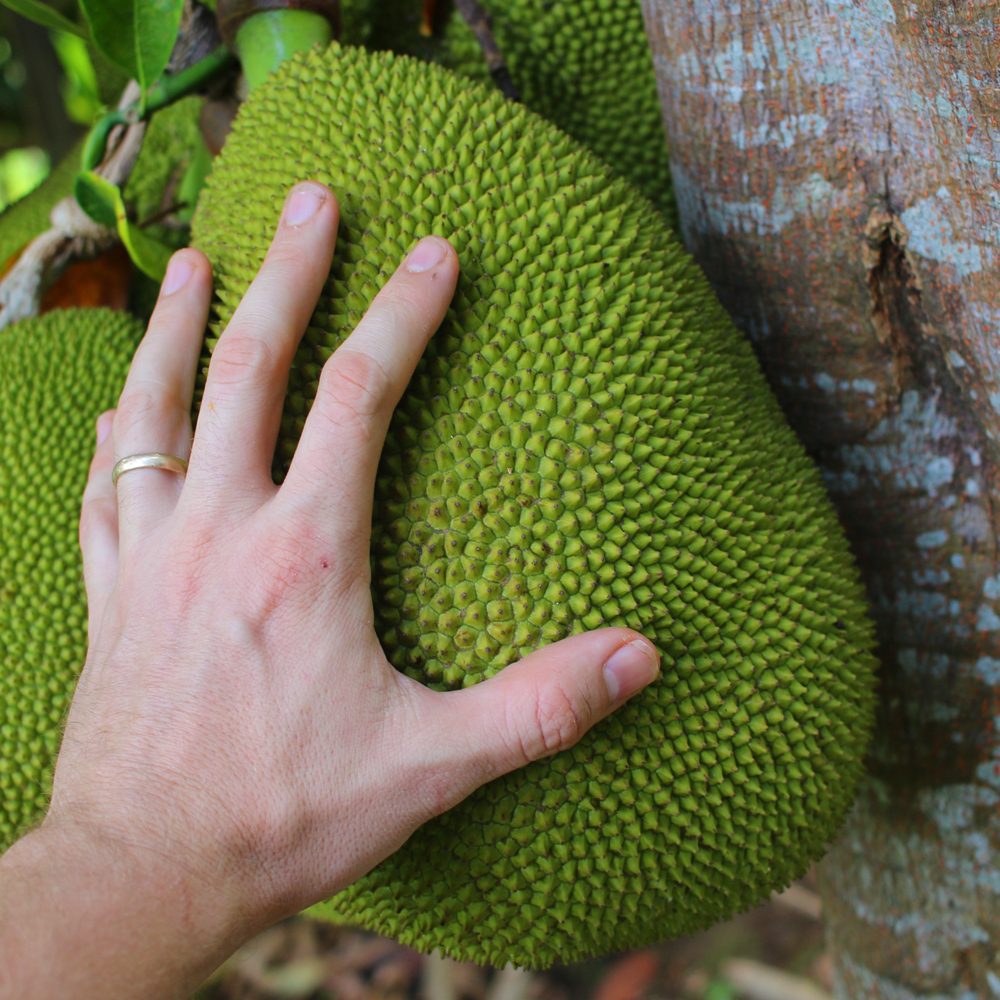A couple of weeks ago I was approached by the Eco Garden House site looking for some gardening tips… here are my thoughts:
 My primary consideration in gardening is, “How do I get the most food for the least amount of work?”
My primary consideration in gardening is, “How do I get the most food for the least amount of work?”
My secondary consideration is, “How do I do this without poisoning the ecosystem and/or myself and my family?”
Obviously, the least amount of work would involve skipping garden day and just ordering pizza on a credit card…but that way fatness lies.
Though I don’t bill myself as an organic purist, I’m a lot closer to that end of the organic growing spectrum, and in many ways I go beyond most organic gardeners.
Nature was designed with patterns that can be observed. It has checks and balances.
For instance, if you decide to spray all the aphids on your grapevines with malathion — or even an “organic” pesticide – you’ll also wipe out the up-and-coming ladybug population.
The more you try to control an ecosystem, the more work it takes to keep it running.
Add more species! Add habitat for insects! Let weeds grow and don’t be quick to reach for that malathion or Sevin dust!
A Gardening Lesson From an Untended Patch of Forest
Take a lawn as another example. A perfect swath of green composed solely of a single species of grass is unnatural. Maintaining it in green perfection requires a lawn mower, fertilizer, weeding and watering.
Now consider the patch of forest growing on that empty lot down the road. Though it’s not watered, fertilized, weeded or mowed by man, it’s healthy, green and loaded with a wide range of plant and animal species.
Adding more species, more insects, more fungi, and more bacteria makes your life a lot easier…


5 comments
I would agree. The more natural an ecosystem you can arrange, the easier it gets (over time) to manage it. People are often in a rush to see instant results, they get disheartened when things die – I’m no exception. But failure often came in an overexposed, monoculture style garden, to begin with. When the natural system is more complex however, things like pests and weeds, get managed by other lifeforms. You don’t have to add any inputs, than what nature is supplying for free. Learn to live with it and manage it, so you can actually step away from it, the more it matures and takes over for itself.
I think the main things to manage are the footpaths, so you have clear access to where you want to go in the thicket. ;)
I have really been enjoying the videos, David. Great work.
Thank you, Rob. I finally decided to totally pour myself into making good videos. Getting better as I go.
Hi David,
I saw your video about papaya trees, male cs female. We have a 1 year tree about 4-5 ‘ tall and we haven’t had any flowers / fruit yet on it. What shall we do?
Thnx,
Garry in San Diego
It should bloom soon.
Comments are closed.